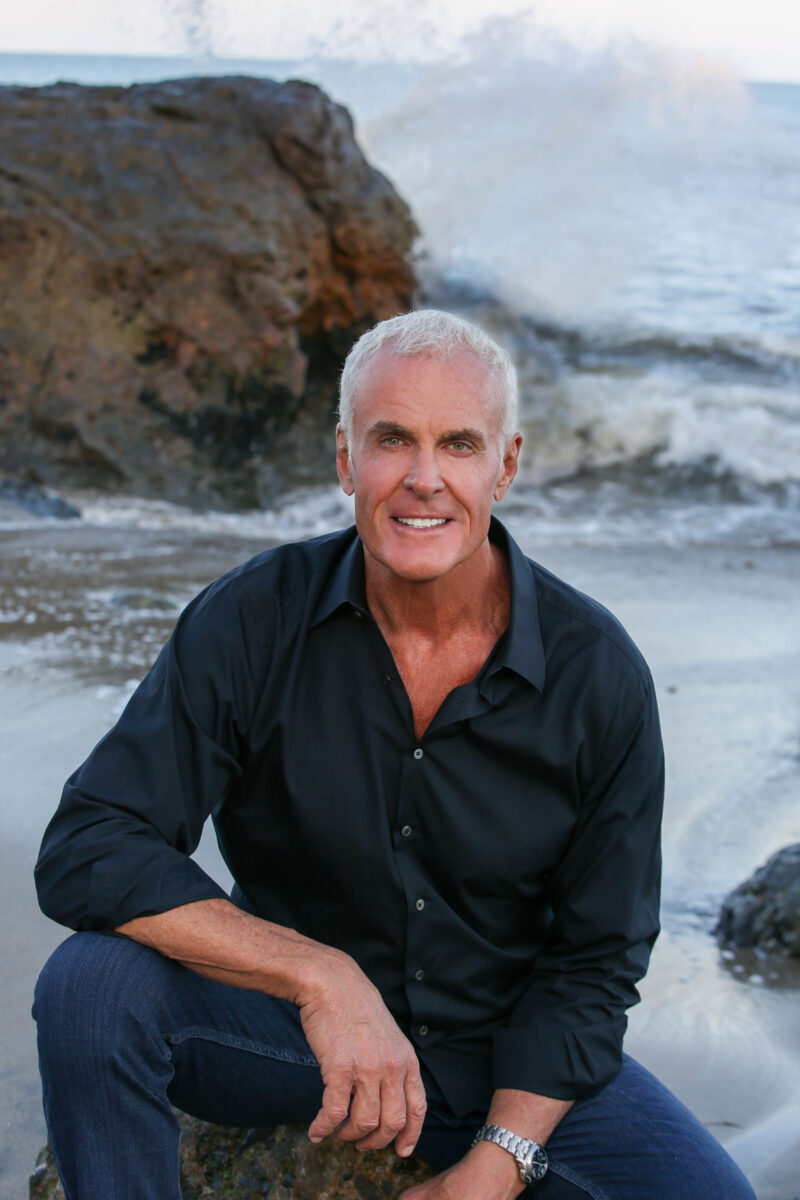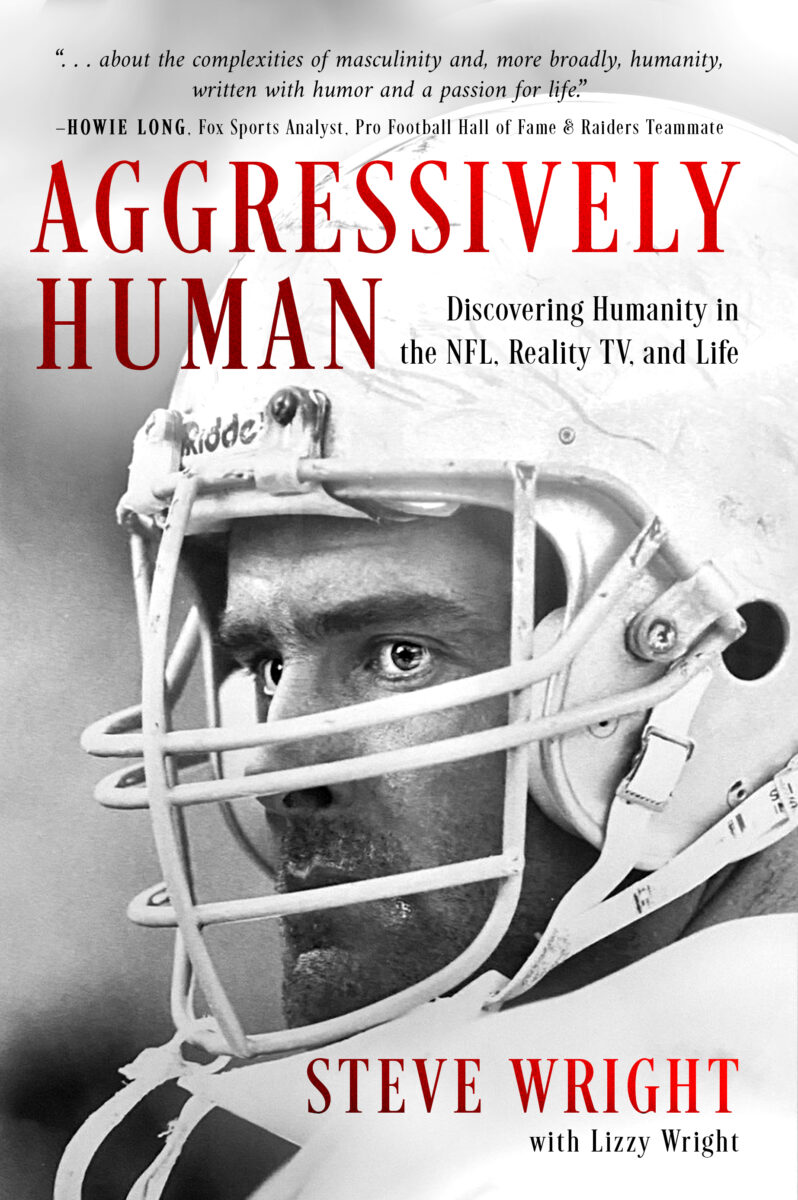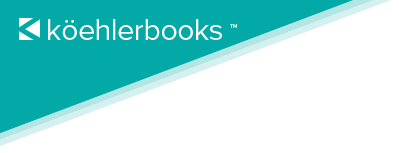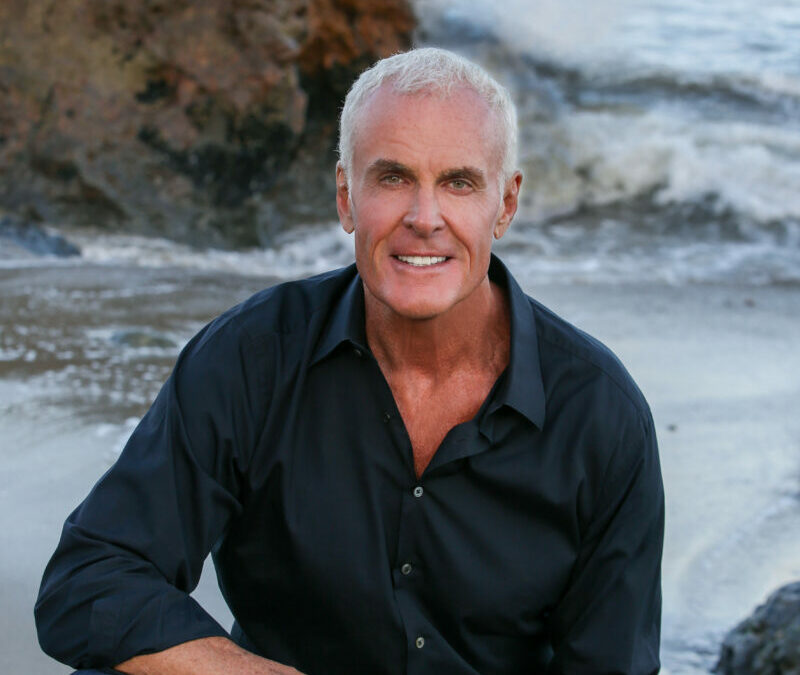
Steve Wright enjoyed an eleven-year professional football career with the Cowboys, Colts, and Raiders. Driven by his entrepreneurial instincts, he created an innovative misting company, Cloudburst, that cooled professional athletes, the US military, NASA, and the 1996 Atlanta Summer Olympics. His motto to leave people, places, and things better than he found them led to his work on behalf of Globall Giving, providing gently used sports equipment to over a million children across thirty-five countries and counting. Forever a lover of adventure, Steve joined reality television for thirty-one days of starvation where he embraced the jungle of Nicaragua and emerged more passionate about life. His journey of continuous growth includes an unparalleled enthusiasm for physical and mental fitness, which he practices and shares with his community in Malibu, California.

Could Steve Wright navigate the uneasy intersection between aggression and empathy without losing himself? The answer to this question determined the course of his NFL career and his life.
Steve spent over a decade taping his knuckles and preparing for battle with the Cowboys, Colts, and Raiders. But his journey didn’t begin or end there.
In a world where masculinity is a moving target, Aggressively Human exposes a deeply personal quest to become a healthy, well-adjusted man and fully realized human being. Steve’s experiences as a professional athlete, entrepreneur, reality television contestant, and spiritual seeker deliver an entertaining trial-and-error guide. It will take you into spaces no camera can go and bring you out in stitches.
1. Why did you feel compelled to write this book? Why does it matter to get it out into the world?
When you have a Rottweiler and a golden retriever running around inside of you, eager to come out, it’s hard to ignore. Let me explain.
I dedicated twenty-five years of my life to football, and we’re not talking about a glorified position. I lived in the trench, fighting for inches on a daily basis. It fed the Rottweiler. It was hard to dismiss the reward of an eleven-year career in the NFL; however, all of it came at a cost.
The Rottweiler was not my true self, nor the man I wanted to become. My gentler nature struggled with aggression. I wanted to lead with kindness, but it had to surface far from the field.
This struggle is not unique to football. I see many people, especially men, challenged to navigate aggression and empathy in their lives. Getting the balance right matters, not just for the individual. All of society benefits from people who are strong enough to be kind. These times warrant a call to action as anger and division pull at the fabric of our humanity. If each of us can lead by example, anything is possible.
2. What did you find to be the most challenging part of writing it? What was the easiest part?
How will I know when I am done? I asked myself a million times. It’s one thing to write a first draft, polish it, and refine the work. But when does it end? There are always a few more words to change, a message to refine, and a description to modify. New to writing, I didn’t know when it should end. This is when John Koehler and his team made all the difference. The process forced me to get comfortable with completion and trust the professionals.
The easiest part of the writing process was knowing when I struck gold. If a short story generated laughter or tears, it felt magical. These experiences kept me hungry and digging for more. I’d stay motivated for weeks on end, chasing those nuggets that usually came out of thin air—the elusive creative genius, as writer Elizabeth Gilbert explains in her TED Talk (“Your Elusive Creative Genius,” TED, February 8, 2009).
3. What aspect of the book are you most excited to get in front of readers?
While football drives much of my story, I am eager to learn the audience’s reaction to my life after sports. I embraced minimalism, Buddhism, and nonprofit work, defying expectations often associated with ex-NFL athletes. While I don’t seek validation, I am curious to see how it’s received.
4. Publishing can be tricky and multilayered. What has been your favorite part thus far? What’s been the most rewarding? And what’s been the most surprising or difficult?
It felt like a blind date when I opened the email with the cover options. A great blind date. It was a thrill to see the visual representation of Aggressively Human—the imagery representing me and my story. Long after I am gone, this will live on.
The most rewarding part of the process is hearing from readers. It feels like Christmas when I open my direct messages on Facebook to read reactions to Aggressively Human. It’s a home run when they couldn’t put it down. That was my goal: an entertaining, fun read with a gentle dusting of encouragement to bring your best self wherever you go.
The most difficult part is book marketing, whew! There was a real danger of spreading myself too thin at first, but I quickly reined it in, establishing my marketing anchors along with a secondary and tertiary list of actions so that I focused on the greatest return on investment.
5. What was the process like to write the book? Do you sit in a secluded room in the wee hours of the night? Storyboard? Do you seek inspiration somewhere?
The period spent writing this memoir was one of the best of my life. It shouldn’t have been, given that the pandemic was raging around me and life after lockdown was anything but certain. Yet, for eight straight months, I thrived in a cocoon of reflection that brought unmatched joy to my life.
I rose each morning thinking about different life experiences, often with a big smile, as the majority of my life has been a source of amusement and positivity. After typing up an event or two, I surfed the web to validate details before a nightly meeting with Lizzy. We dissected the content, rewrote, and polished pieces like a dishwashing machine stuck on rinse. Some nights, we laughed, and others were red-pen bloodbaths, but all the massaging made the end product something I am proud of.
I learned so much about the writing process through MasterClasses, YouTube videos, books, and websites dedicated to the craft. I even attended a book conference, where I wandered like a gorilla in a birdcage, but I pressed on like a navigator in a new land.

6. Borrowing from Sophia Bush’s Work In Progress podcast, what would you say is a work in progress in your life?
Everything in my life is a work in progress, and I wouldn’t have it any other way! I’ve always believed in the journey, not the destination. It served me well so far, as there are always ways to grow, improve, and evolve.

